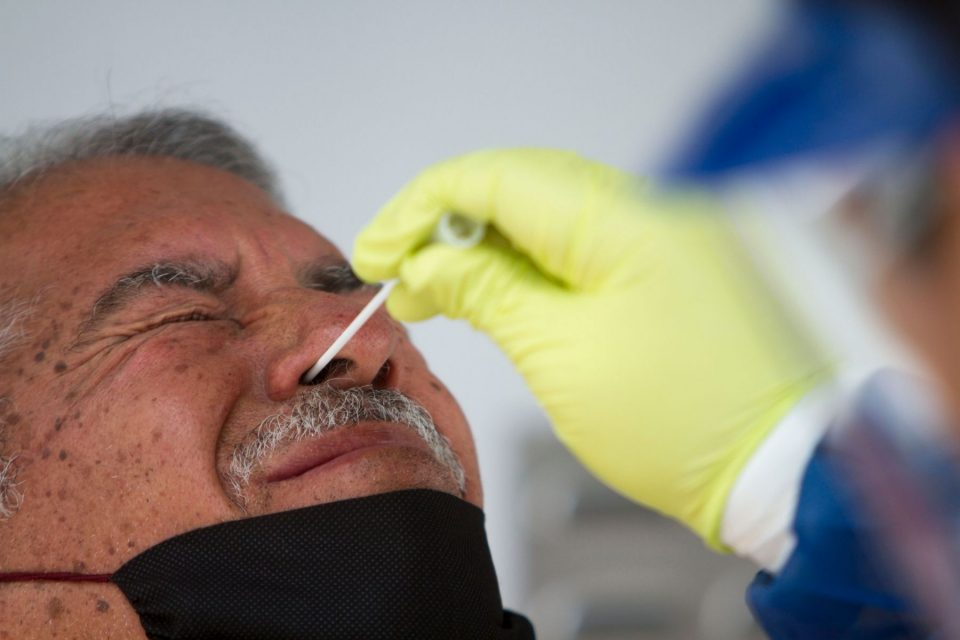The wave of COVID-19 cases is estimated to continue to rise into next year since there has been no sign of a significant decrease in cases.
Despite the fact that neighbouring countries have started to face second waves of the pandemic, Indonesia is still in its first wave.
“The trend will still increase until the end of the year, it’ll increase if there’s no change in handling until next year,” said Pandu Riono, Epidemiologist from the University of Indonesia Faculty of Public Health.
Data from the Ministry of Health has recorded 404,048 positive cases of COVID-19 in Indonesia as of 29th October 2020.
Furthermore, Pandu noted that economic activities must still be carried out, but must be accompanied by health protocols such as wearing masks, maintaining distance, and washing hands.
The government is also advised to bolster the number of tests that are being carried out and improve treatment for those who have contracted the virus. Pandu noted, “With this, we can reduce transmission. However, the behavior of the population is still hard, an example of the difficulty controlling the pandemic is people still not wearing masks.”
“There are still many who do not care and feel they’re not at risk. It seems that people are bored and have no hope that the pandemic will end,” he added.
According to Pandu, there is a contradiction between economic recovery and the handling of the COVID-19 pandemic. An example is the recent collective leave, where the government did not impose strict health protocols. Instead, many discounts and travel packages were open to attract travel.
Source: CNBC Indonesia
Image:mediaindonesia.com




